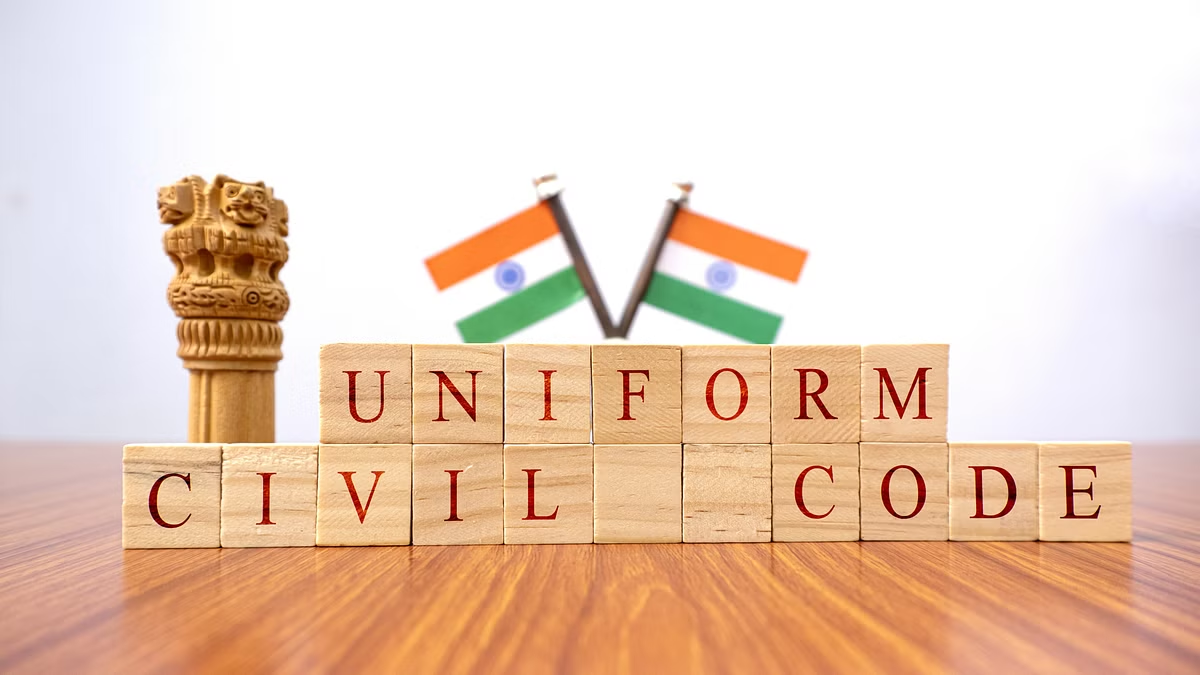The issue of housing project approvals in Noida, particularly involving the Unitech housing projects, has taken a serious turn as a government-appointed panel has challenged the Noida authority in the Supreme Court. This case revolves around the authority’s decision to sanction individual housing units within larger projects, rather than approving entire projects, which the Supreme Court had mandated in its April 2024 ruling.
Background
Unitech has been one of India’s largest real estate developers but faced financial troubles over the years, leaving thousands of homebuyers in limbo. With its projects stalled, homebuyers were stuck, having invested their savings in incomplete homes. The Supreme Court, recognizing the gravity of the situation, intervened to ensure that these housing projects were completed under new management. A central government panel was appointed to oversee the completion of Unitech’s unfinished projects, and the Court in April 2024 issued a directive mandating the Noida authority to approve full-scale building plans for entire projects. This order was crucial in getting the company back on track and providing relief to thousands of homebuyers who had been waiting for years to move into their homes.
The Supreme Court’s April 2024 Order :
In its April ruling, the Supreme Court directed the Noida authority to approve revised building plans for Unitech’s housing projects by May 31, 2024. This approval was not limited to individual housing units but extended to the entire scope of each project, including necessary amenities such as infrastructure, parks, and communal facilities. The goal of this order was to ensure that homebuyers, many of whom had already paid for their homes, could finally receive possession after years of delays.
The Current Dispute :
The current issue stems from the Noida authority’s failure to comply with this order. Instead of approving the entire projects, Noida has been selectively sanctioning individual units. This move, the government panel argues, violates the spirit and letter of the Supreme Court’s April 2024 ruling. By approving only parts of projects, the Noida authority is creating further delays, as this piecemeal approach does not allow the full completion of necessary infrastructure and amenities.
This selective sanctioning by the Noida authority has also impacted the revival of Unitech. The company, under its new management, is trying to raise funds by selling completed units. However, with the approval process hindered, Unitech is unable to generate enough revenue to cover its expenses and meet its obligations to homebuyers. The government panel has emphasized that Noida’s actions are undermining the entire process of Unitech’s recovery, which was designed to bring financial stability and provide relief to long-suffering homebuyers.
The Impact on Homebuyers :
For homebuyers, this delay is devastating. Thousands of families have already invested their life savings into homes that remain incomplete due to the lack of comprehensive approvals from Noida. Many of these homes are located in sectors 96, 97, 98, 113, and 117 of Noida, where around 11,000 housing units are still unfinished. With these projects stuck in limbo, homebuyers have no clear timeline for when they will finally be able to move into their homes.
Additionally, the Noida authority’s refusal to comply with the Supreme Court’s April orders could affect Real Estate Regulatory Authority (RERA) approvals, which are vital for the legal protection of homebuyers. The government panel has argued that this selective approach by the Noida authority could further complicate the situation, leaving homebuyers without legal recourse to claim possession of their homes.
Conclusion :
The case currently before the Supreme Court is critical not only for Unitech and its homebuyers but also for the broader real estate sector in the Noida region. A favorable ruling for the panel could push authorities to expedite the approval process, ensuring the timely completion of long-delayed housing projects. On the other hand, continued delays could deepen the financial crisis for Unitech and exacerbate the suffering of homebuyers. The Supreme Court’s final decision will have far-reaching consequences, not only for the parties involved but for the future of real estate development and regulation in India.






